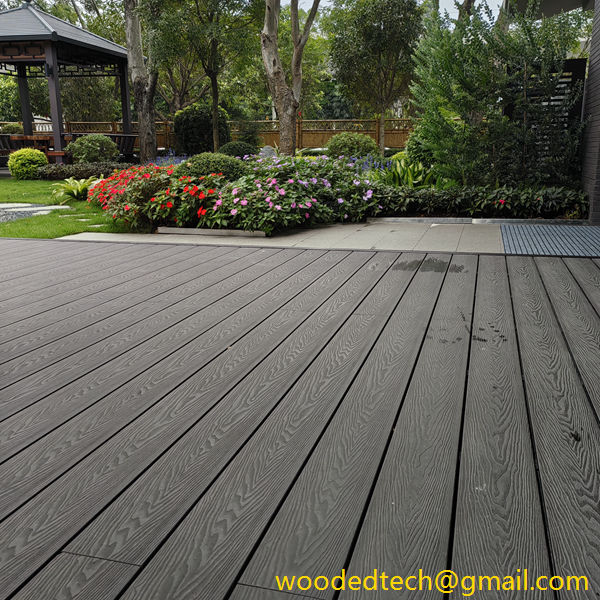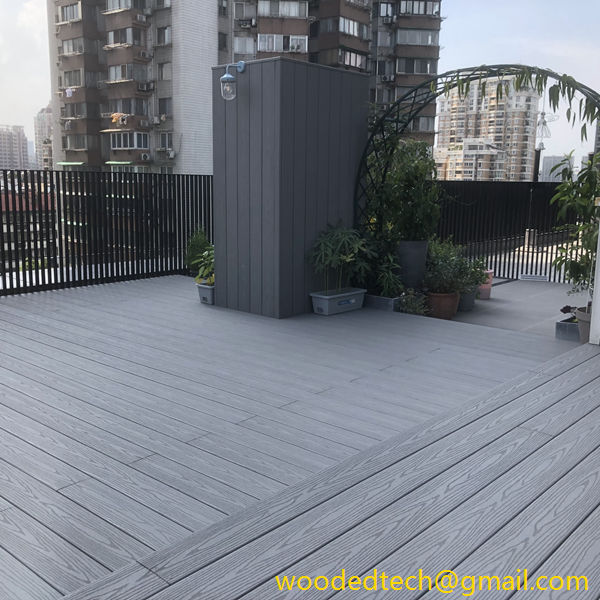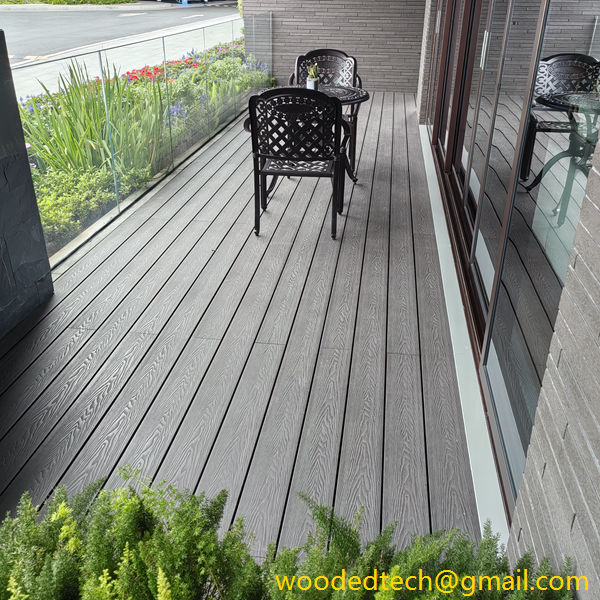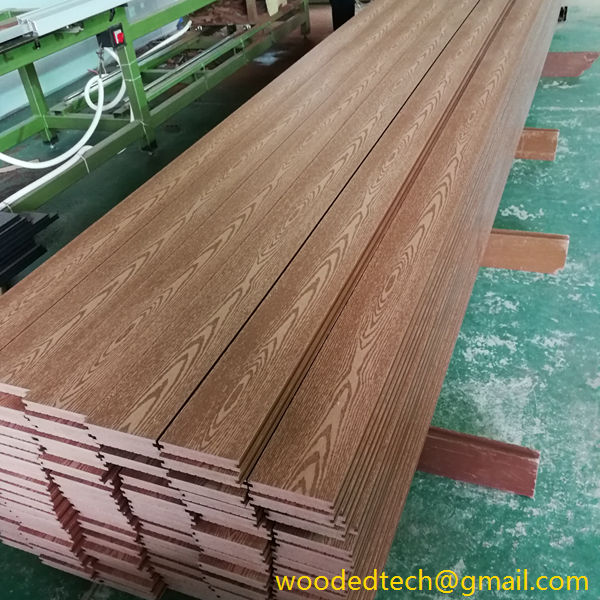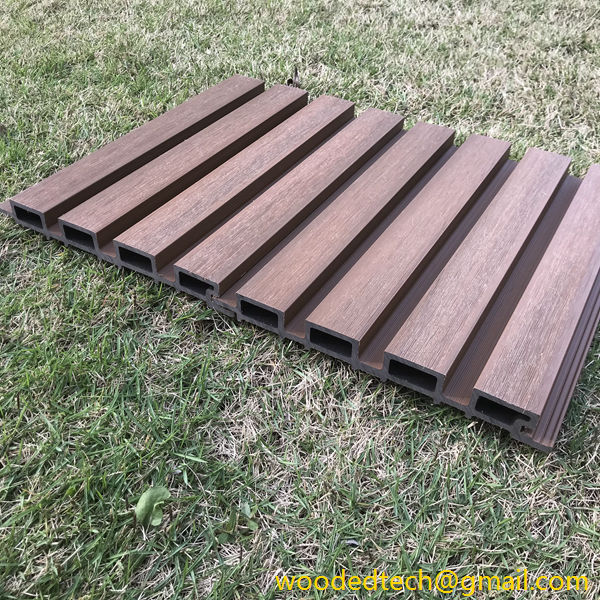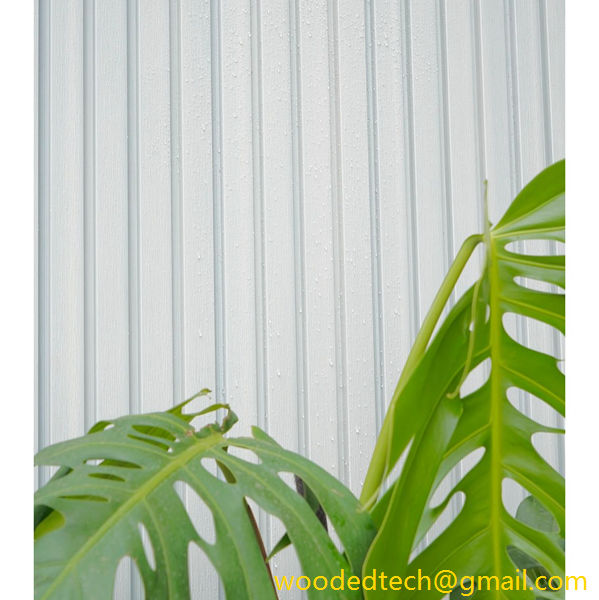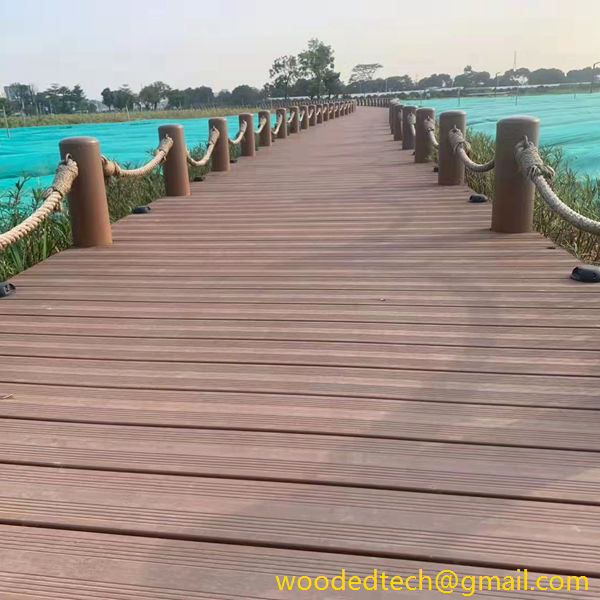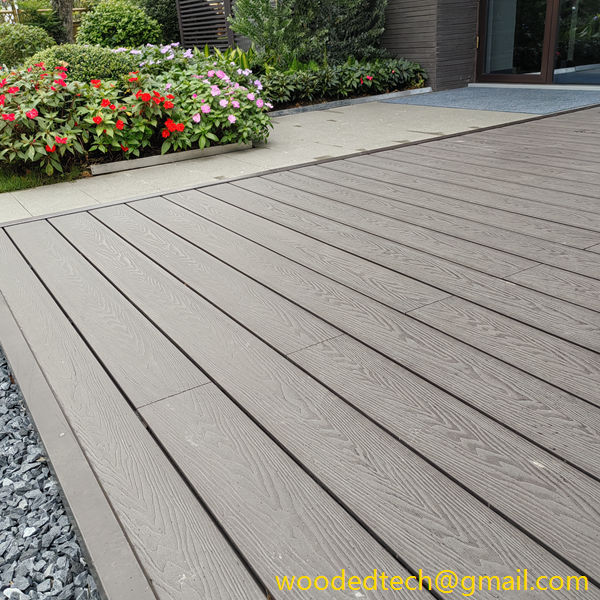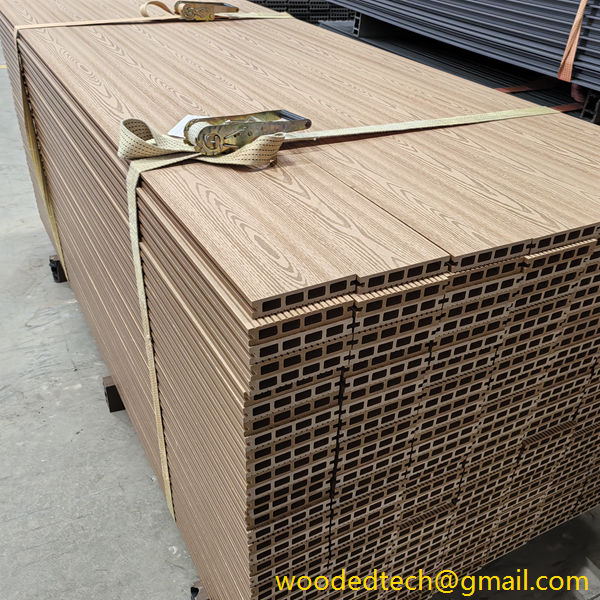Advantages of Plastic Wood Flooring Composite for a Durable and Eco-Friendly Flooring Solution
Advantages of Plastic Wood Flooring Composite for a Durable and Eco-Friendly Flooring Solution Plastic wood flooring composite, also known as wood-plastic composite (WPC), has gained significant attention in recent years as a durable and eco-friendly flooring solution. This material combines the aesthetic appeal of natural wood with the resilience and low-maintenance qualities of plastic, offering…
Advantages of Plastic Wood Flooring Composite for a Durable and Eco-Friendly Flooring Solution
Plastic wood flooring composite, also known as wood-plastic composite (WPC), has gained significant attention in recent years as a durable and eco-friendly flooring solution. This material combines the aesthetic appeal of natural wood with the resilience and low-maintenance qualities of plastic, offering a range of advantages that make it an excellent choice for both residential and commercial applications.
One of the primary advantages of plastic wood flooring composite is its exceptional durability. The combination of plastic and wood fibers creates a material that is highly resistant to wear and tear, making it ideal for high-traffic areas. Unlike traditional hardwood floors, WPC does not easily scratch, dent, or warp, ensuring that it maintains its appearance and functionality over an extended period. This durability is particularly beneficial in commercial settings, where flooring must withstand heavy foot traffic, moving furniture, and other potential sources of damage.
Moreover, plastic wood flooring composite exhibits excellent resistance to moisture and humidity. The plastic content in WPC provides a protective barrier against water absorption, preventing the flooring from swelling, rotting, or developing mold and mildew. This moisture resistance makes WPC suitable for use in areas prone to spills or high humidity, such as kitchens, bathrooms, and basements, where traditional hardwood floors may not be practical.
Another significant advantage of plastic wood flooring composite is its eco-friendliness. WPC is typically manufactured using recycled materials, including plastic waste and wood fibers that would otherwise be discarded. By repurposing these materials, the production of WPC helps to reduce waste and conserve natural resources. Additionally, the manufacturing process for WPC is generally more energy-efficient than that of traditional hardwood flooring, resulting in a lower carbon footprint. Furthermore, WPC can often be recycled at the end of its lifespan, further enhancing its environmental benefits.
Plastic wood flooring composite also offers ease of maintenance, making it a convenient choice for homeowners and businesses alike. Unlike natural wood floors, which require regular sanding, staining, and sealing, WPC needs only occasional cleaning to maintain its appearance. Spills can be easily wiped up, and regular sweeping or vacuuming is typically sufficient to keep the floor looking its best. This low-maintenance quality saves time and money, making WPC a practical and cost-effective flooring solution.
In addition to its durability and eco-friendliness, plastic wood flooring composite provides excellent insulation and soundproofing properties. The dense composition of WPC helps to minimize heat transfer, contributing to improved energy efficiency in both residential and commercial buildings. Furthermore, the material’s ability to absorb sound makes it an ideal choice for multi-story buildings, as it can help to reduce noise transmission between floors.
The aesthetic versatility of plastic wood flooring composite is another key advantage. WPC can be manufactured in a wide range of colors, textures, and patterns, allowing it to mimic the appearance of various natural wood species. This versatility enables homeowners and designers to achieve the desired look without the environmental impact or maintenance requirements of traditional hardwood floors. Additionally, WPC can be installed in a variety of ways, including interlocking planks or tiles, providing flexibility in design and application.
Furthermore, plastic wood flooring composite offers a cost-effective alternative to traditional hardwood flooring. While the initial cost of WPC may be comparable to that of some hardwood options, its long-term cost is often lower due to reduced maintenance requirements and increased longevity. The durability and low-maintenance qualities of WPC can result in significant savings over time, making it an economical choice for both residential and commercial applications.
In conclusion, plastic wood flooring composite offers a multitude of advantages that make it an excellent choice for a durable and eco-friendly flooring solution. Its exceptional durability, resistance to moisture, ease of maintenance, eco-friendliness, insulation properties, aesthetic versatility, and cost-effectiveness combine to create a flooring material that is both practical and appealing. As awareness of the environmental impact of building materials continues to grow, WPC is poised to become an increasingly popular choice for homeowners, businesses, and designers seeking a sustainable and high-performance flooring option.

